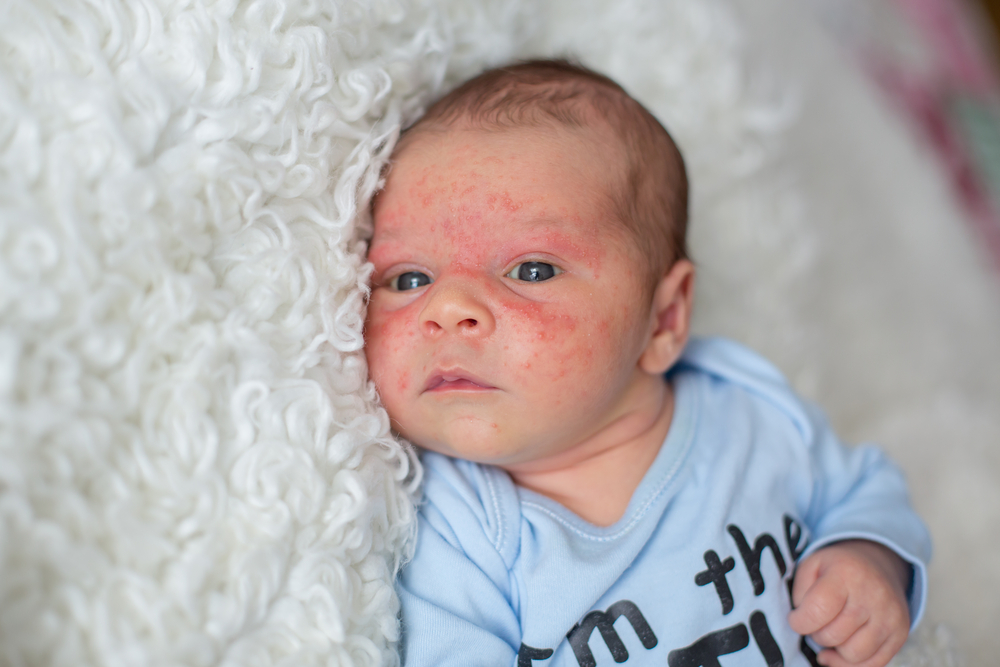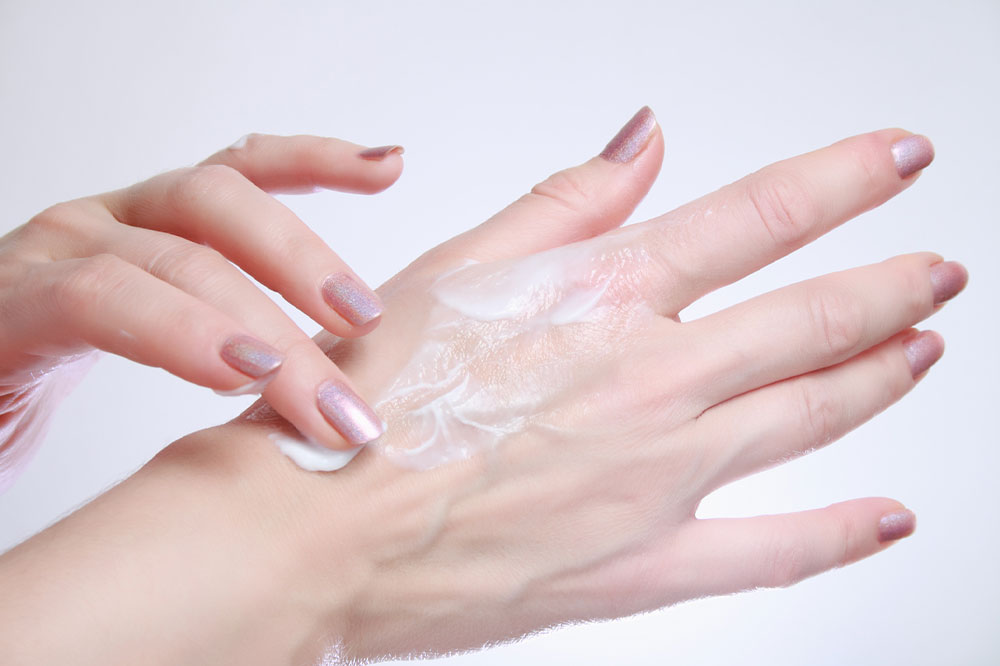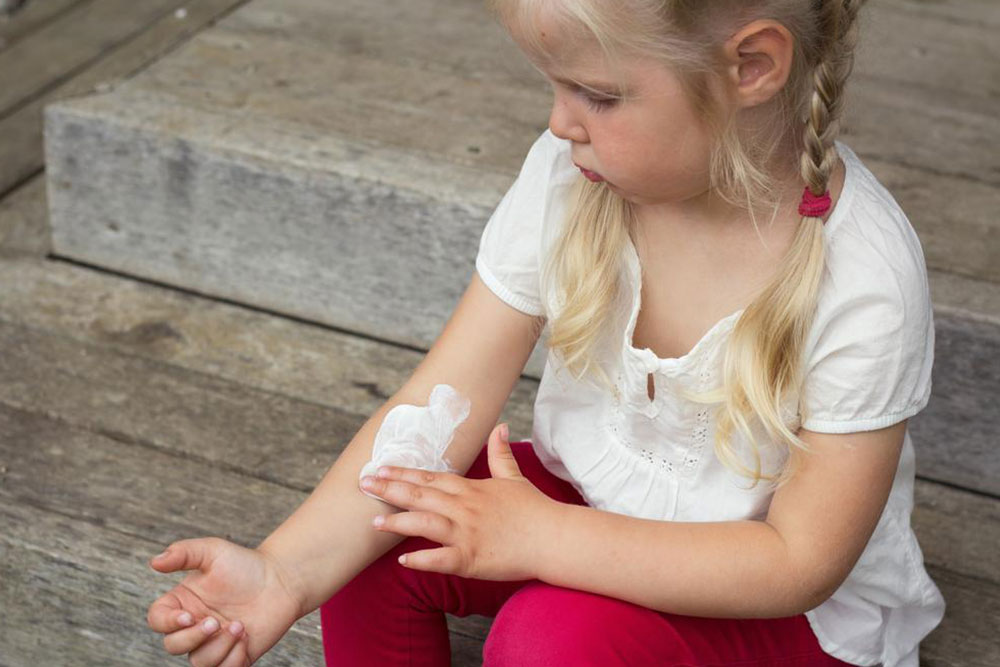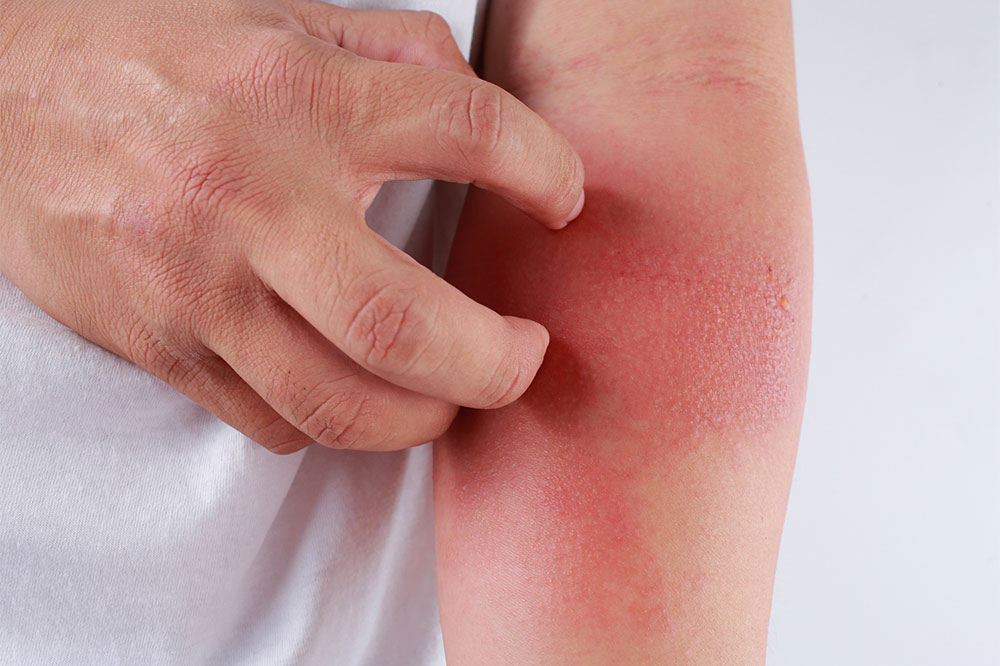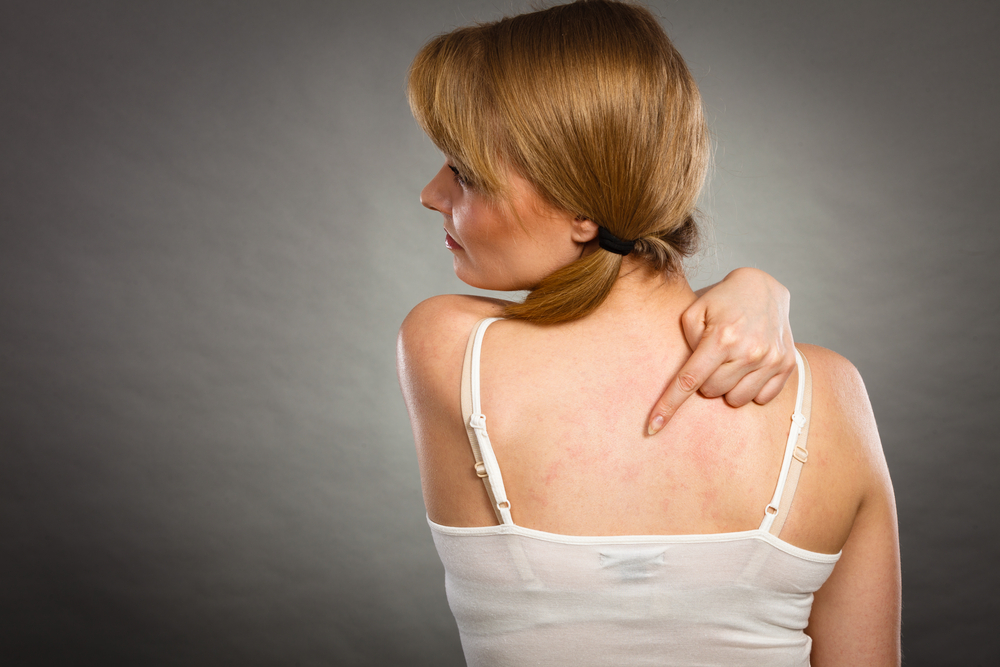Effective Strategies for Managing Eczema Symptoms
Learn about effective eczema management techniques, including home care tips and medical treatments. This comprehensive guide helps identify symptoms and explores options for controlling flare-ups, ensuring better skin health and relief.
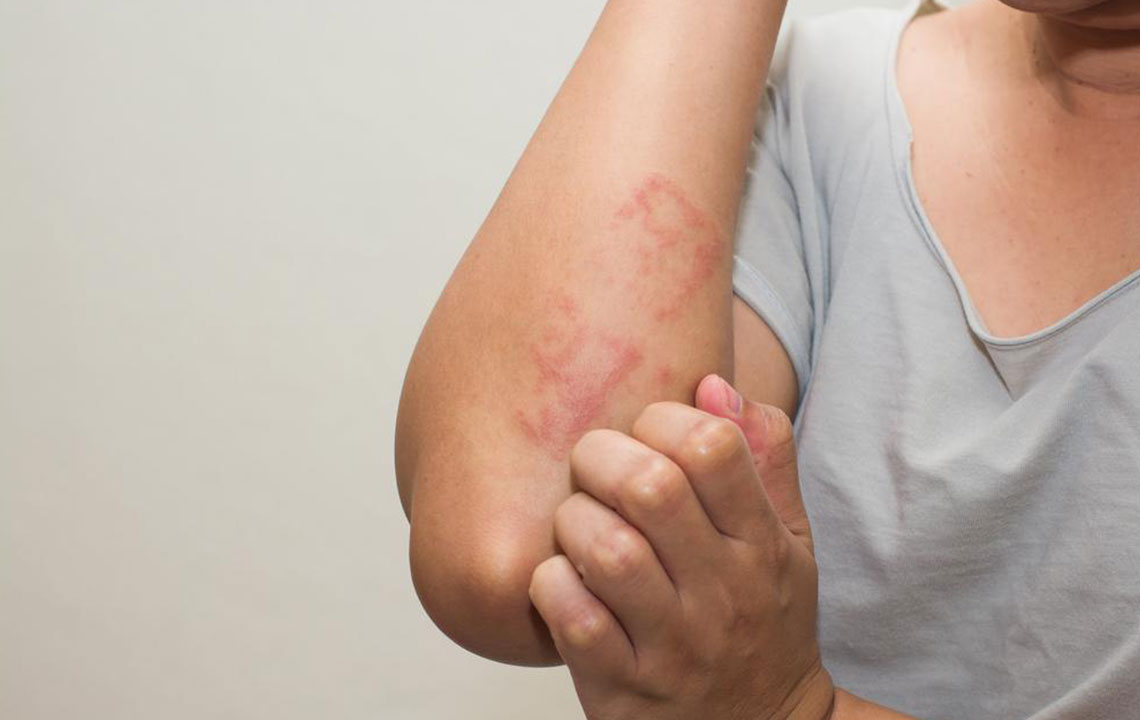
Effective Strategies for Managing Eczema Symptoms
Atopic dermatitis, commonly known as eczema, is among the most widespread skin conditions nationwide. It causes skin to become inflamed, itchy, cracked, and rough, with occasional blistering. Various factors such as certain foods, nuts, chemicals, smoke, and pollen can trigger flare-ups. Eczema is non-contagious, and treatment aims to repair skin damage and alleviate symptoms.
Recognizing Eczema Symptoms
In infants, eczema often presents as rashes on the scalp and cheeks, which can develop into blisters and cause intense itching. Scratching may lead to infections. Adults typically observe rashes behind elbows, knees, around the neck, face, or eyes. Children aged 10 to 15 might also experience related conditions like asthma or hay fever.
Using lukewarm baths can reduce irritation and itching.
Applying moisturizers post-bath helps lock in skin hydration.
Wearing loose, soft clothing prevents aggravation of symptoms.
Opt for mild soaps or cleansers to avoid skin dryness.
Avoid activities that increase sweating or temperature fluctuations.
Employ humidifiers during dry winter months to maintain moisture.
Maintain good personal hygiene to prevent skin cracks and itching.
Monitor diet; avoid foods that trigger symptoms, especially in children with atopic eczema.
Severe eczema cases typically require medical treatment, including:
Topical corticosteroids to reduce inflammation.
Oral medications or injections if topical treatments are ineffective.
Antibiotics for secondary bacterial infections.
Medications addressing fungal or viral infections associated with eczema.
Antihistamines for chronic itchiness, promoting better sleep.
Calcineurin inhibitors to suppress immune response and manage flare-ups.
Barrier repair moisturizers to enhance skin water retention.
Phototherapy involving UV light exposure in persistent cases.
Using cool compresses with steroid creams to aid absorption.
Covering blisters with bandages to promote healing.
While eczema is manageable, there is no definitive cure. Treatment focuses on symptom control, with responses varying among individuals. Always consult a dermatologist before starting any medication to choose the safest and most effective approach. Proper management can significantly improve quality of life for those affected.

